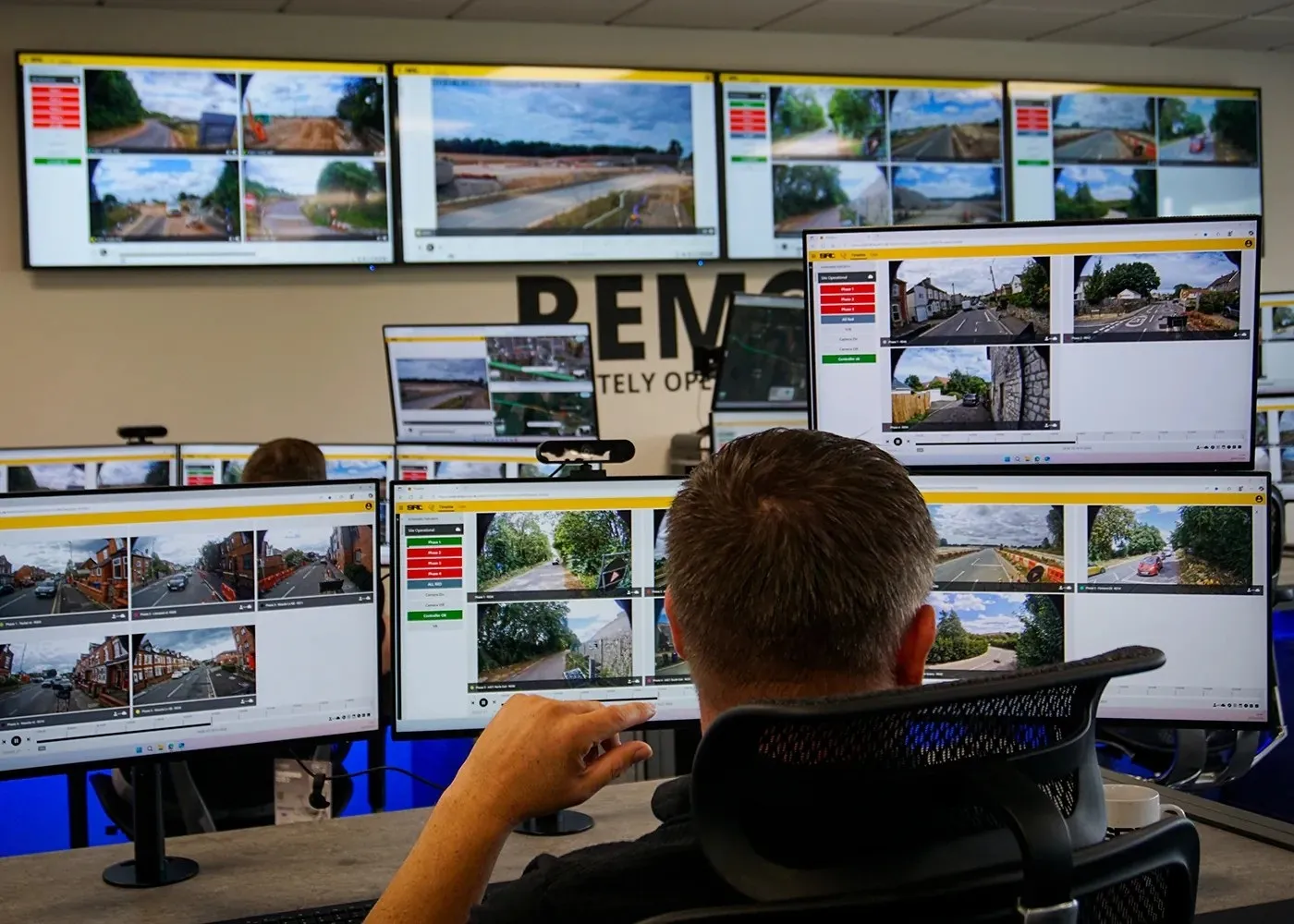Mitsubishi claims that its new Seventy Series video wall projection cube provides an increased mean time between failure equivalent to over 10 years of continuous operation, new levels of automatic image maintenance and built-in processing with up to six windows per screen. Using industry-standard DLP technology, the new cubes incorporate features such as automatic lamp changing, automatic brightness adjustment, and automatic colour balancing to provide a continuous high-quality control room video wall.
July 24, 2012
Read time: 1 min

Mitsubishi claims that its new Seventy Series video wall projection cube provides an increased mean time between failure equivalent to over 10 years of continuous operation, new levels of automatic image maintenance and built-in processing with up to six windows per screen.
Using industry-standard DLP technology, the new cubes incorporate features such as automatic lamp changing, automatic brightness adjustment, and automatic colour balancing to provide a continuous high-quality control room video wall.
Using industry-standard DLP technology, the new cubes incorporate features such as automatic lamp changing, automatic brightness adjustment, and automatic colour balancing to provide a continuous high-quality control room video wall.










